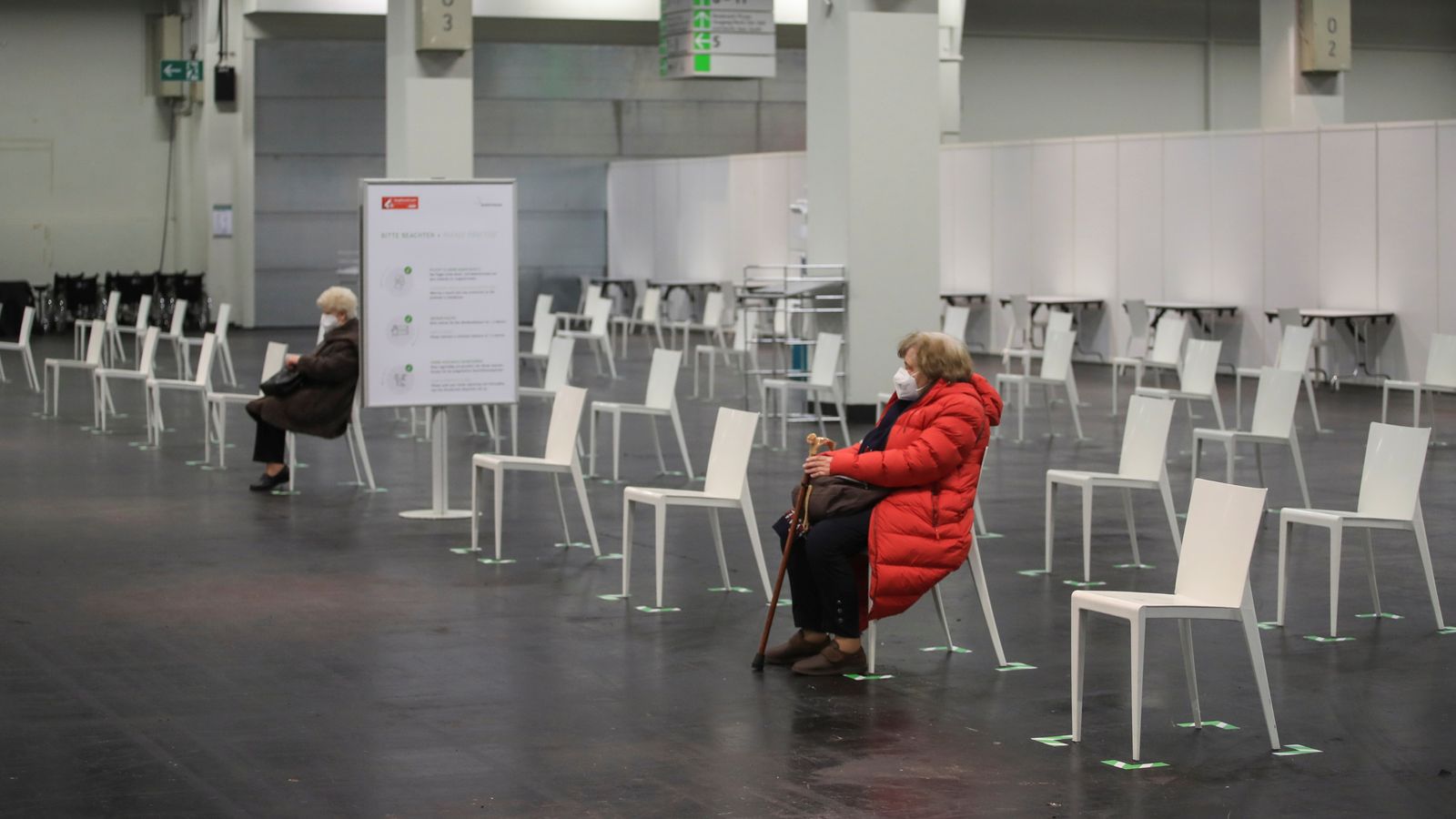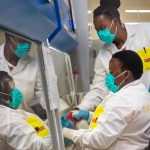German authorities have said the AstraZeneca jab is not a “second-class vaccine” – as people appear reluctant to have the shot over fears of possible side effects.
Authorities in North Rhine-Westphalia, the country’s most-populous state, have expressed concerns about how people seem more willing to receive a vaccine made by Moderna or Pfizer.
The state’s health ministry said: “The authorised AstraZeneca vaccine isn’t a second-class vaccine… the vaccine shows a good effectiveness and is well-tolerated.”
Concerns over the AstraZeneca vaccine have been fuelled by reports that some people in Germany have had fevers and headaches after receiving the jab.
Officials have said such reactions are normal after vaccinations and show that the body’s immune system is responding.
They added that the symptoms should disappear after a day or two.
It comes as around a quarter of the ambulance service employees in Dortmund said they felt unwell after having the AstraZeneca vaccine, Der Spiegel reports.
The German news site also said vaccinations were temporarily stopped in several hospitals in Lower Saxony on Tuesday after a large number of employees had a negative reaction to the jab.
Sky News has contacted AstraZeneca for a comment.
The AstraZeneca vaccine is only given to people aged under 65 in Germany after EU regulators gave it limited approval – citing a lack of data.
Germany’s health minister Jens Spahn has said he and others would gladly receive the AstraZeneca jab if others refused it.
He said: “If people who are offered it don’t take it, then we will offer it to the next person.
“We’ll have 10 million doses of vaccine by the end of the week, for 80 million citizens. We’re still in a period of shortage.”
Subscribe to the Daily podcast on Apple Podcasts, Google Podcasts, Spotify, Spreaker
Mr Spahn also said a virus variant first detected in Britain last year now accounts for more than a fifth of all positive tests in Germany.
The variant has increased from 6% of the cases to more than 22% in just two weeks.
Mr Spahn said: “The share of infections with this virus variant roughly doubles each week… we have to assume that the variant could soon become the dominant one here too.”






















